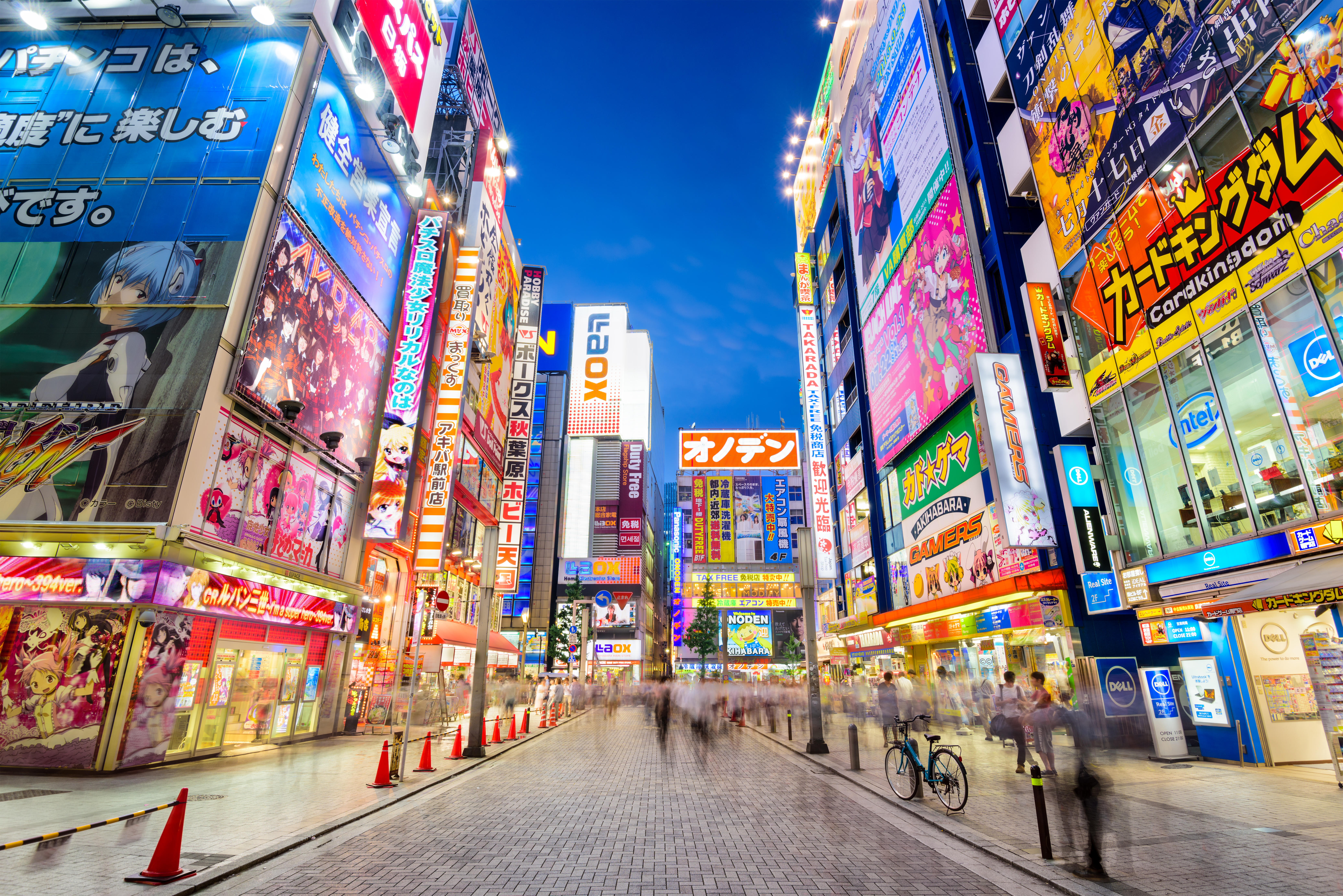An easy error to make is to mistake the process for the goal. We’ve all done it: got fixated on the work in front of us, rather than the reason we’re doing the work.
In Japan, you have a whole nation whose corporations are focused on process rather than outcome. They’re maximising the wrong thing.
Japan has the second-biggest stock market in the world. It has dozens of world-class companies. The companies are big and highly profitable. They are also robust. A mark of Japanese companies’ robustness is that Japan is home to many of the world’s oldest companies. So, in a certain sense, Japanese companies are in good shape.
Japanese corporates’ problem is that they’re run for the benefit of their managers, workers, creditors, and industry — rather than for the benefit of their owners.
You might think this sounds enlightened — that the focus of a corporation should be broader than merely lining the pockets of shareholders.
The problem with this approach is that it doesn’t scale. If all companies do it, it adds up to a sick economy. I wrote about this earlier in the year.
The difference between shareholders-first and stakeholders-first boils down to capital efficiency.
A company that’s run for stakeholders will prioritise safety and stability. It will try to be big and it will try to not to go bankrupt.
A company that’s run for shareholders will prioritise return on equity. Equity is the stock of money shareholders have tied up in the company. Return on equity shows profits as a percentage of equity. Return on equity is important because it shows the profits a company is generating relative to what else the shareholder might be doing with their money.
€1 billion in profit is a lot of money. But €1 billion would not be enough profit if the company had €100 billion in equity value. That would be a return on equity of one per cent. The shareholder would look at that company and conclude they’d be better off taking their €100 billion and doing something else with it.
Companies that are run for the benefit of stakeholders don’t worry so much about return on equity. Those companies prioritise being big and robust, so they hoard assets. Having lots of assets keeps the company safe. In the event of a downturn, a company ideally wants low debt and lots of random uncorrelated businesses.
The problem with this approach is that a giant bloated trading company is probably not the best manager for all its business lines. A specialised property development company would probably make a better go of managing a property portfolio than a big conglomerate. When lots of companies do this, the whole economy is dragged down.
Companies that are run for the shareholders — like those in the US — are laser focused on returns on equity. They worry about profitability and about how much capital they’re tying up. The upshot is that the US is a dynamic economy. Assets are put to their best use. Businesses are run by the right people. As a result, living standards are the highest in the world.
America is at the end of the spectrum. It’s the economy that is most focused on shareholder value. But as I’ve written before, there’s more to life than efficiency. Americans work all the time and the country has an anxious vibe.
Where does Ireland fit in? Irish companies have a problem. Their returns on equity are lower than Japan’s, lower than Europe’s, and much lower than America’s. Irish companies are highly capital inefficient. The following chart compares Irish non-financial firms’ returns on equity to those of Europe and Japan.
Low returns on equity don’t happen to a company. They are a choice. Companies can decide their own capital structure. They can sell: under performing businesses lines that drag the average down; promising ones that would grow faster on their own; ones that don’t fit the core business.
Penneys — an Irish company, albeit owned by am international one, Associated British Foods — is a good example. It’s part of a conglomerate that sells sugar and other food. The clothes retail business has approximately no overlap with the sugar business. It’s growing much faster. It would be worth more if it were separate. But its owner wants to keep it, because it provides ballast for Associated British Foods.
The Japanese market has taken a tough line with capital-greedy companies. It has instructed them to increase their price to book value, or be delisted. This has spurred Japanese companies to sell off non-core assets. Japanese returns on equity, and the Japanese stock market, have started to rise. Ireland should pay attention.


